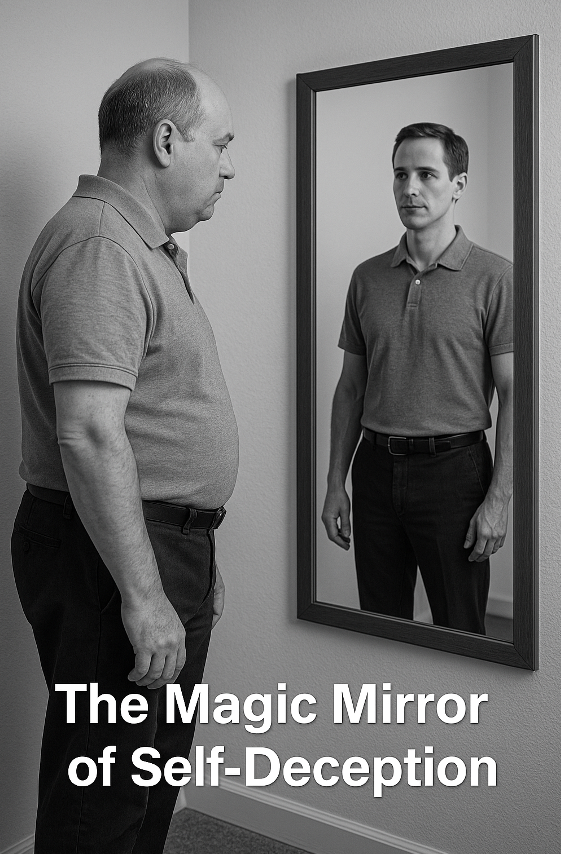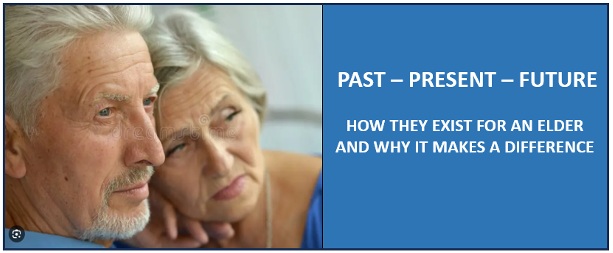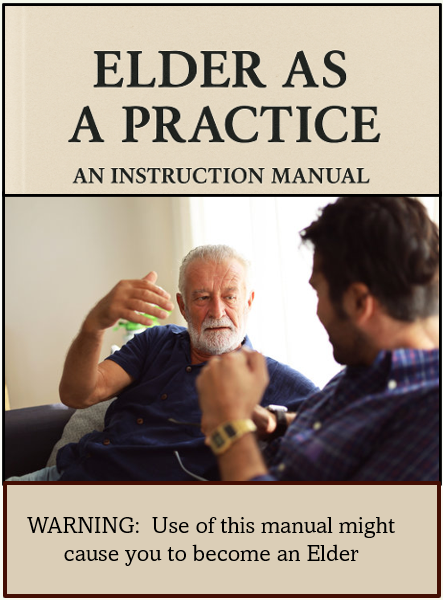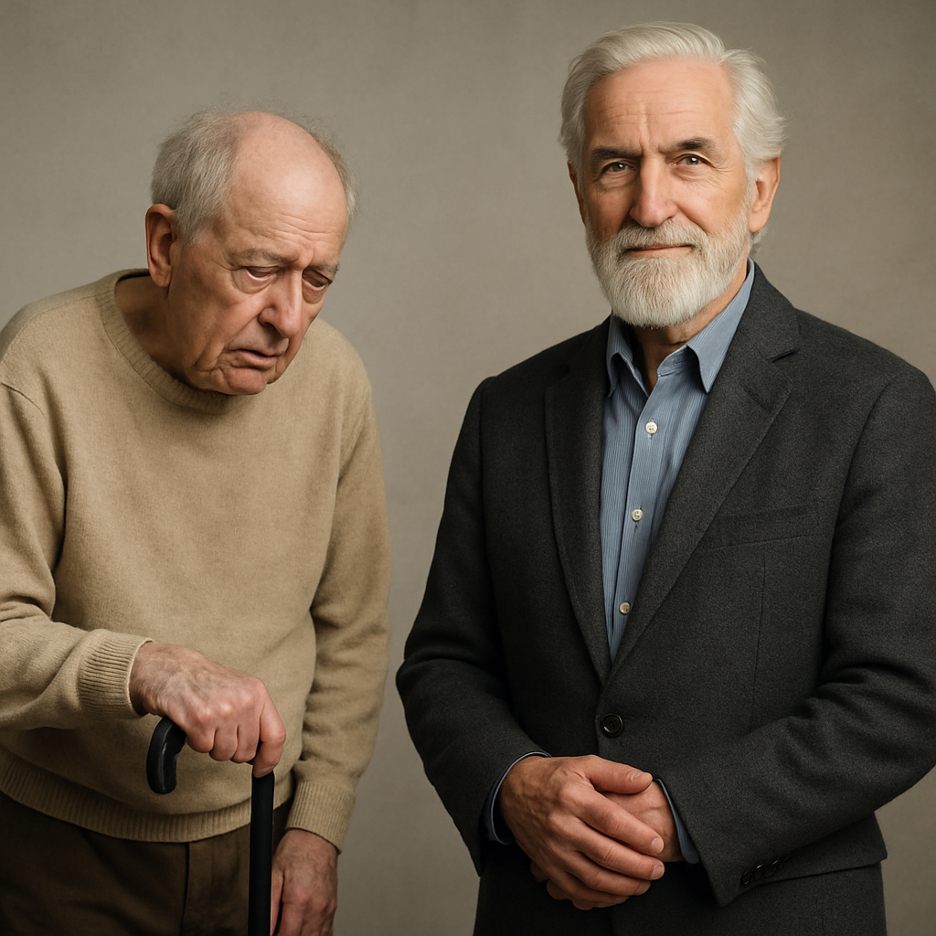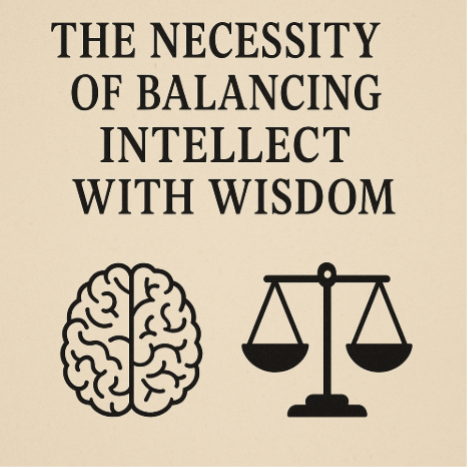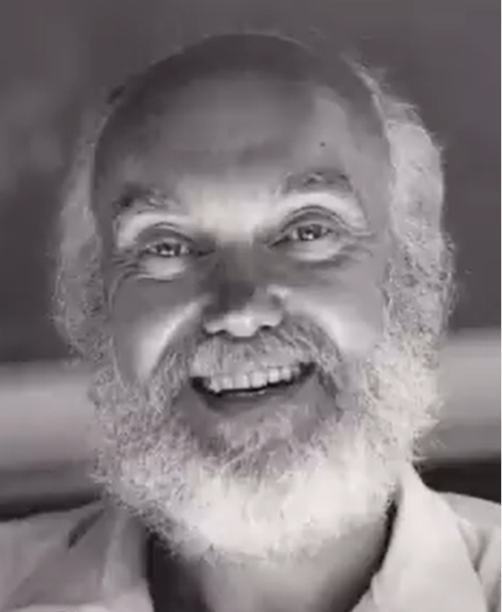THE SANNYASA OF CONTEMPORARY ELDERS
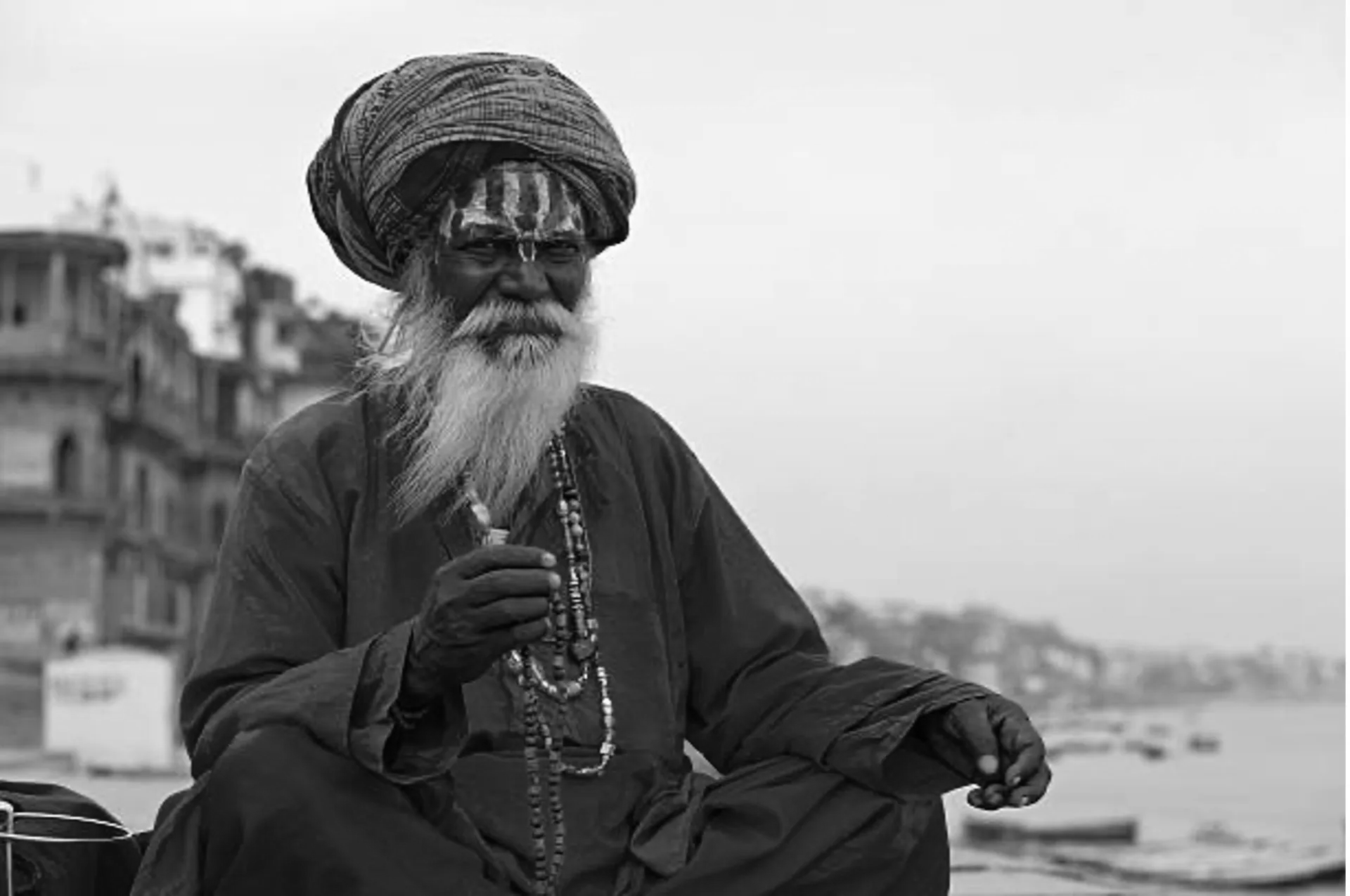
THE SANNYASA OF CONTEMPORARY ELDERS
In the Hindu tradition, Sannyasa is the final stage of the four life stages known as Ashramas. The first three are Brahmacharya (bachelor student), Grihastha (householder), followed by Vanaprastha (retired). Sannyasa is the fourth and final stage.
There are consistent and unvarying elements belonging to each stage. These distinct characteristics and qualities of each stage assist in understanding where you are on your pilgrimage through life.
In the Hindu Sannyasa, you renounce worldly and materialistic pursuits and concentrate on spiritual activities. Renounce (renouncing) is a speech act in which you declare abandonment of a claim, a right, or a possession; you actively reject and stop using or consuming.
Sannyasa was traditionally available only to men who exhibited certain qualities of a brahmana, a class of prose pieces dealing with Vedic rituals and sacrifices. Vedas are the most ancient Hindu scriptures, written in early Sanskrit and containing sacred scripture, philosophy, and guidance for the Vedic religion.
The man would leave home and family and be prohibited from seeing his wife again. Considered civilly dead, he was free to wander, living a life dependent on God alone. The sannyasis wore those conspicuous saffron robes. They were often referred to as sadhus or holy people.
The sadhus full intention and attention were to fully control the mind and senses and fix their attention on the Supreme. To become detached and fearless, entirely dependent on God as their only protector. And to teach and advocate the importance of self-realization and God-consciousness, especially to the previous generations, who often become distracted from their spirituality.
Given our Western culture, family systems, Americana psychodynamics, and the computing/AI/data-driven era in which we now live, an updated Sannyasa stage might be beneficial for those trying to navigate this last stage of their life.
It seems wise to keep the traditional context and purpose - to consciously and emotionally prepare oneself for the end of life. A more contemporary distinction would serve us to open the depth of our spirituality. It would behoove us to come to terms with our impermanence. But maybe there is another way to traverse the Sannyasa stage without renunciation and isolation.
We think there is.
SANNYASA AS A CONTEMPORARY ELDER
In our particular formulation of Sannyasa, renunciation is absent. As a contemporary elder, there is no need to renounce, abandon, or repudiate. Our view of being an elder is about inclusion, not exclusion. To embrace all of your humanity, not cut out the "bad" parts.
A renunciation is simply a form of repudiation. A reputation is an act of aversion that keeps whatever you are renouncing as an extant force in place. So, for example, I must stop smoking keeps smoking in place.
What comes with reputation is self-judgment, shaded with disgust, distaste, hatred, repulsion, disapproval, and loathing. In essence, renunciation says, "it shouldn't be this way," which leads to the conclusion that "something is wrong with me." So ultimately, renunciation is a powerful source of suffering.
Our contemporary thinking of Sannyasa is about letting go, not cutting off or crushing. Letting go of the clutter, the evaluations, the labels surrounding who we have forgotten ourselves to be—dropping the many impersonations we have acquired as we have passed through our previous life stages.
By letting it be, by giving up the judgments and assessments, a contemporary elder regains a state of originality that nourishes the soul. Sannyasa becomes a conscious act of undoing, unleashing, and releasing by focusing one's life on metaphysical and contemplative pursuits rather than blocking something from the past.
Whatever you focus on expands, and whatever you disregard ultimately disappears.
At our retreats, we guide people in our Sannyasa stage to disengage from their old social and professional roles and identities to discover who is genuinely and authentically in attendance.
The inner self becomes revealed. You drink from a deeper well. You disregard who others say and have told you to be. You let yourself know yourself to discover yourself. You uncurate yourself from your previous personalities so that the unique and spiritual self becomes realized.
"It is a wonderful day in a life when one is finally able to stand before the long, deep mirror of one's own reflection and view oneself with appreciation, acceptance and forgiveness. On that day One breaks through the falsity of images and expectations which have blinded one's spirit. One can only learn to see who one is when one learns to view oneself with the most Intimate and forgiving compassion."
— John O' Donohue
Here at the Contemporary Elder Institute, we see Sannyasa as a time of liberation, not renunciation. A time of emancipation, not repudiation. A time of deliverance, not rejection. A time to shed those masks and veils so tightly bound over the previous three stages of life. Not be renounced but simply let them be.
